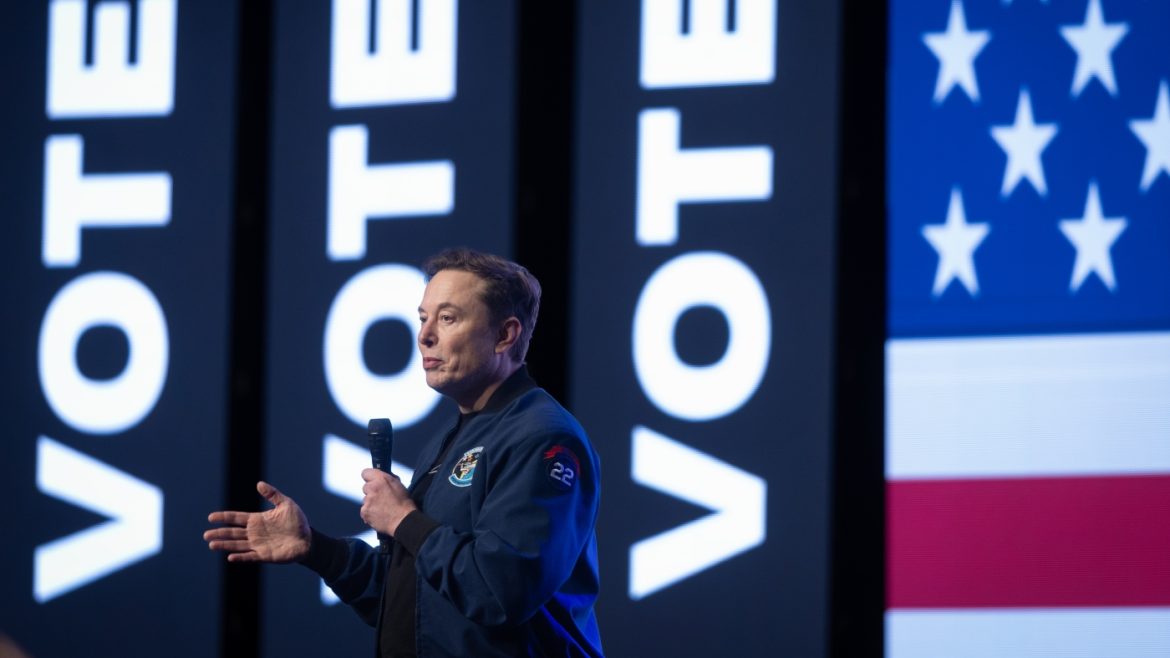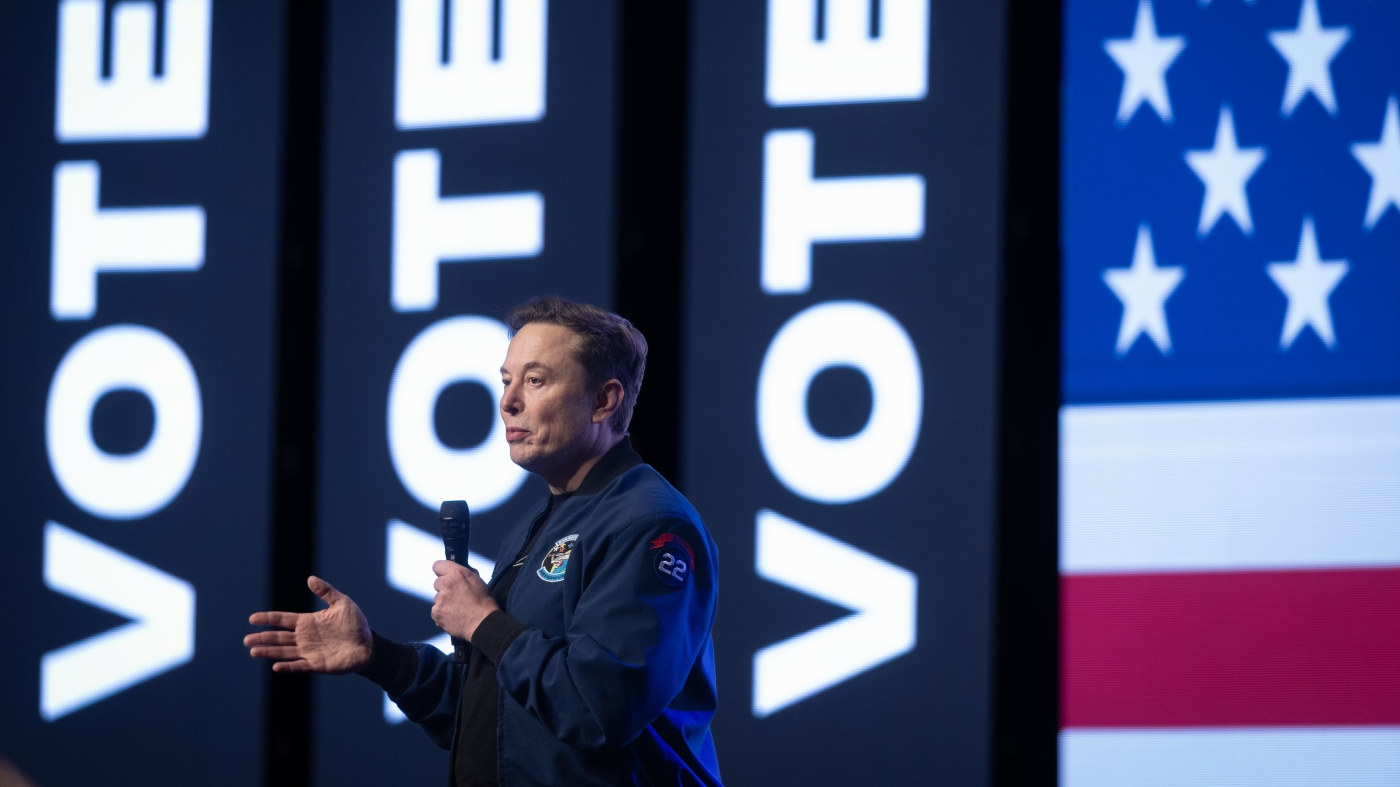Elon Musk’s Decline in Political Spending: Unpacking the Shift and Its Implications
===================================================================================
Elon Musk, the world’s richest individual and influential entrepreneur behind companies like Tesla and SpaceX, has announced a significant reduction in his political spending activities. This decision marks a stark contrast to his aggressive involvement in the 2024 U.S. election cycle, where he emerged as the leading donor, especially supporting former President Donald Trump’s campaign. Understanding the motivations, consequences, and broader context of Musk’s pullback offers insights into the intersection of wealth, politics, and business strategy.
Background: Musk’s Political Funding Surge in 2024
————————————————–
In 2024, Musk flexed unprecedented financial muscle in U.S. politics, contributing over $288 million to support President Trump’s bid for a second term. This amount not only positioned him as the largest donor in that election cycle but also signaled his intent to influence the political landscape beyond his corporate endeavors.
His funding went beyond mere campaign donations to encompass support for Republican candidates and judicial seats, aiming to foster a political environment aligned with his interests. Musk’s role transcended that of a passive donor; he was a pivotal figure attempting to shape the future policy environment through targeted financial input.
The Announcement: Stepping Back and Doing “Enough”
————————————————–
Recently, at the Qatar Economic Forum and other media engagements, Musk stated plainly: “I think I’ve done enough,” signaling his intent to scale back political expenditures substantially. He qualified this by noting he might still engage in political spending if compelling reasons arise but emphasized a significant reduction compared to his 2024 involvement.
This retreat was met with a mixture of responses, including some amused reactions from audiences during the announcement. Regardless, the clarity of Musk’s position underscores a new phase where he prioritizes refocusing on his core business empire, particularly Tesla and SpaceX, rather than political contests.
Potential Motivations Behind Musk’s Retraction
———————————————-
Several factors may have influenced Musk’s recalibration of his political financial role:
Implications for U.S. Politics and Political Donor Landscapes
————————————————————-
Musk’s withdrawal from being a top-tier political donor may lead to several cascading effects on the political ecosystem:
– Reduced Financial Leverage for Trump and Allies: Given Musk’s previous role as a major funder, his reduced spending could dampen the financial capacity of candidates and causes dependent on his support, particularly within Republican circles.
– Opportunity for New Donors: His retreat might open space for other wealthy individuals or PACs to increase their influence, reshaping donor coalitions and strategies within both major parties.
– Signal of Donor Fatigue Among Billionaires: Musk’s announced reduction could be indicative of a broader trend where ultra-wealthy donors reconsider the efficacy and public repercussions of political largesse.
– Shift Toward Non-Monetary Influence: Musk’s focus swinging back toward business might reflect a strategic pivot where influence is exerted less through donations and more through technological innovation, relationship-building within administrations, or advisory roles.
Tesla’s Market Response and Business Focus
——————————————
Following Musk’s announcement, Tesla’s stock saw modest gains, nearly a 2% uptick amid wider market fluctuations. Investors may interpret Musk’s pullback from political expenditures as a positive sign of renewed attention on the company’s core operations and long-term growth prospects. This reaffirms Musk’s dual identity as both a business mogul and political actor, with his priorities now tilting back toward enterprise growth and innovation.
Broader Context: Musk’s Role in Government Advisory and Spending Cuts
——————————————————————–
Musk’s influence has extended beyond financial contributions into advisory roles, including serving as a senior advisor within the Trump administration framework. Discussions around trimming federal spending have seen Musk positioned as a champion for reducing “waste” in government budgets, coupled with initiatives to curtail U.S. government expenditure by trillions.
The nuanced interplay between his political donations, advisory appointments, and public statements creates a complex mosaic of influence, blending entrepreneurial pragmatism with political engagement. His recent decision to dial back spending does not necessarily equate to political disengagement altogether but indicates a recalibrated approach.
Conclusion: A Strategic Pause with Eyes on the Future
—————————————————–
Elon Musk’s announcement to substantially cut back on political spending after an unprecedented surge represents an inflection point in his public and political strategy. Declaring “I think I’ve done enough” reflects a personal assessment of contribution limits and signals a strategic pivot toward core business priorities and selective political involvement.
This development reshapes the dynamics of political funding in the U.S. and serves as a case study of how billionaire influence in politics can wax and wane in response to results, public reception, and personal calculation. While the full impact remains to be seen, Musk’s move underscores the complex balancing act between exerting political influence and maintaining the focus required to helm vast, innovation-driven enterprises.
Ultimately, Musk’s political spending retreat is not an exit but rather a recalibration—one that shifts from broad-scale electoral financing toward a more nuanced, business-focused path, leaving the future contours of his political role an evolving narrative to watch.


